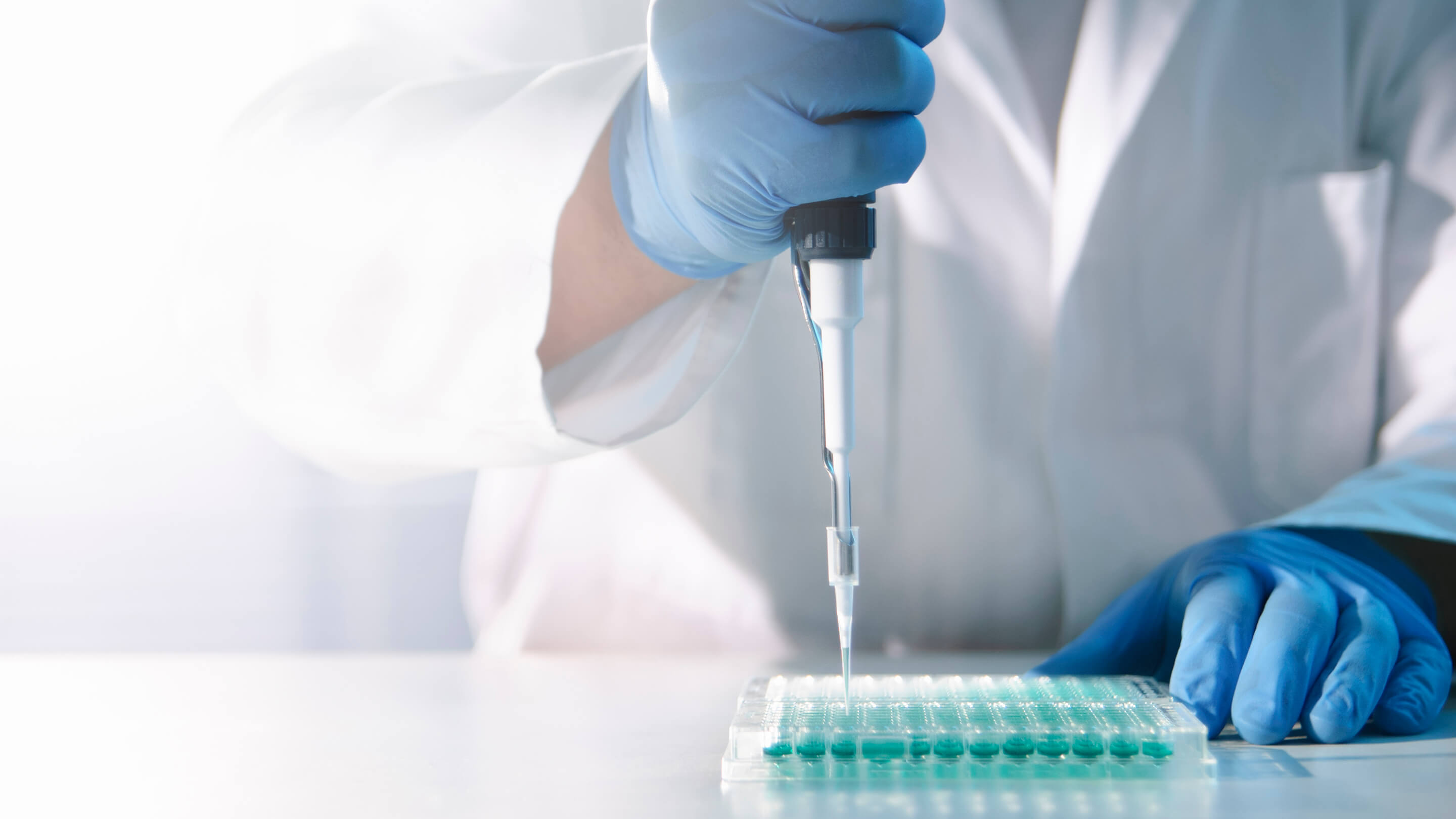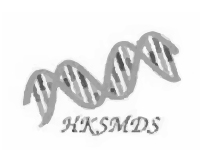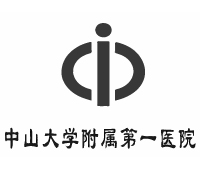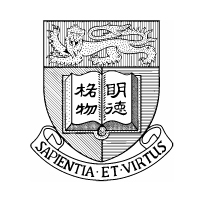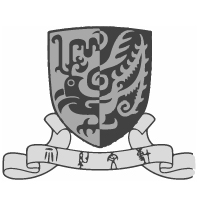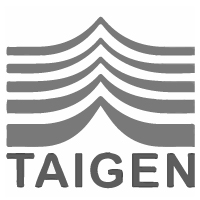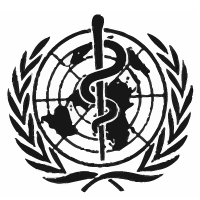Company Overview
Pangenia Inc (“Pangenia Group” or “The Group”) is a leading molecular diagnostics (MDx) group in Hong Kong founded by Professor Joseph Wing-On Tam and Mr. Anthony Wong. Since the establishment in 2006 of DiagCor Bioscience Incorporation Limited (the founding member company), Pangenia Group has been working hard towards promoting a healthier society by researching, developing and commercializing MDx innovations.
Through the dedication of an elite group of forefront biotech scientists and executives, Pangenia Group’s patented DNA and RNA analysis techniques allow us to offer a wide variety of services and solutions to our valuable customers. Our laboratory services are specialized in genetic testing, including prenatal diagnosis, parentage investigation, cancer testing, infectious disease identification, and various hereditary risk assessments.
Pangenia Group actively works with commercial, institutional and governmental organizations across the world, remaining at the forefront of advanced molecular diagnostics, and educating the general public about the benefits of molecular diagnostics.
Vision
Mission
Value
Integrity
Innovative
Collaboration
Development
History & Development Milestones
In-depth scientific knowledge with over 10 years of hands-on experience in molecular diagnostics
- Pangenia Group is one of the Hong Kong’s largest biotech companies in the field of molecular diagnostics (MDx)
- We are the 1st independent private laboratory that obtained a license to provide preimplantation genetic screening (PGS) services in Hong Kong
- Since the establishment of Pangenia Group in 2006, we have analyzed over 700,000 clinical samples in our own laboratory
- From 2010 to 2016, Pangenia Group has obtained ISO certifications and patents in Hong Kong, Mainland China, European countries, and the USA
-
INITIATION
2006- Dr Joseph Wing On Tam and Mr Wong Shun Yun co-founded DiagCor Bioscience Incorporation Limited, providing cytogenetic and molecular diagnostics services for prenatal testing
-
INITIATION
2007- The first generation of in-vitro diagnostic products based on flow-through hybridization technology was launched
-
Establishment
2010- Obtained ISO 9001 certification for “Design and production of Diagnostic HPV kit and Provision of Paternity Testing service”
-
Establishment
2011- Winner of the “2011 Deloitte Technology Fast 50 China" programme
-
Establishment
2012- The new generation of flow-through hybridization device FTPro was launched
- 22Plus Genomic Information Technology Limited was established, dedicated to professional tests providing information that help humans to know more about genes, explore potential to plan and live a healthy and happy life
-
Establishment
2013- Obtained ISO 13485 certification for “Design and manufacture of Sexually Transmitted Disease Array Test Kits”
-
Establishment
2014- Obtained Chinese Patent "RAPID GENOTYPING ANALYSIS FOR HPV AND THE DEVICE THEREOF" (Patent No.: CN 201180032327.1)
-
Expansion
2015- Obtained US Patent “Rapid Genotyping Analysis and Devices thereof” (methods, primer, probes, and kits for genotyping various mutations or disease causing agents including multidrug-resistant Mycobacterium tuberculosis, HBV, beta-globin mutations, mutations related to thrombophilia, or the presence of sexually transmitted diseases, US Patent No.: US 8,980,555 B2)
- Pangenia Lifesciences Limited was established, specializing in genetic testing and advisory services that apply the latest next-generation sequencing (NGS) technology
-
Expansion
2016- Guangzhou Baigao Medical Laboratory Company Limited, the only wholly foreign-owned independent clinical laboratory in China was established
-
Obtained 2 Chinese Patents “FLOW-THROUGH APPARATUS" (Patent No.: CN 201180055560.1 & CN 201180055536.8)
- Pangenia Lifesciences Limited was awarded by Hong Kong Brand Development Council as “Hong Kong Emerging Service Brand”
- Pangenia Group comprises the group of molecular diagnostics subsidiaries, was acquired by Mason Group Holdings Limited
- 10th Anniversary of the Group
-
Expansion
2017- Pangenia Lifesciences Limited was licensed by the Council on Human Reproductive Technology for carrying Pre-implantation genetic screening (PGS)
-
Expansion
2018-
Pangenia Lifesciences Limited become the first independent private laboratory, with the official license of Pre-implantation genetic testing, providing the PGS / PGD services in Hong Kong
- Guangzhou Baigao Medical Laboratory Company Limited became strategy partners with Shanghai Tongshu Biotech Company Limited and renamed as Guangzhou DiagCor Tongshu Medical Laboratory Company Limited
-
Pangenia Lifesciences Limited become the first independent private laboratory, with the official license of Pre-implantation genetic testing, providing the PGS / PGD services in Hong Kong
Our Team
Core Members
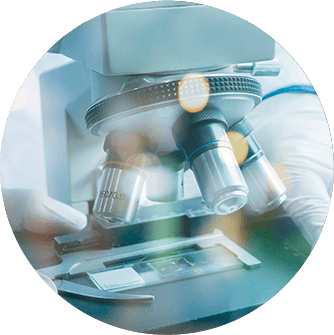

Over 10+ years of experience in molecular diagnostics industry;
Former HKSTP fund assessment panelist;
Former HKUST research project fund assessment panelist;
Master of Philosophy at the University of Hong Kong;
PhD at the National Institute for Basic Biology, Japan;
Member of Hong Kong Society for Molecular Diagnostic Sciences Ltd
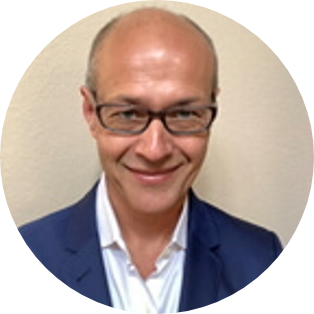
Over two decades of drug discovery and development expertise in pharma and biotech companies including Amgen, ImClone/Lilly, deCODE, Genea Biocells;
diverse modalities in mid/late stages of clinical developments to treat oncology, CNS, metabolic and neuromuscular disorders with specific emphasis on rare diseases;
over 170 peer-reviewed publications and over 60 granted patents and patent applications
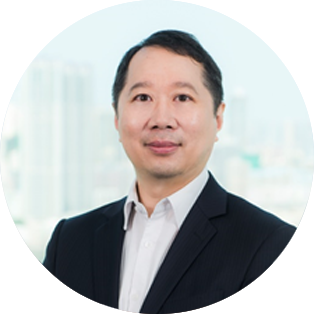
Head of Sales & Marketing;
Board Member of numerous Biotechnology companies in Hong Kong and China;
Over 20 years of project management and sales marketing;
BSLA; EMIL; MBA
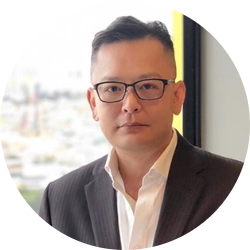
Executive management roles and providing business consultancy to retail sales and marketing of luxury products in a global environment, public transport and private wealth management;
Holder of B.A.Sc degree in Chemical Engineering and M.B.A. (Professional Accounting) degree from University of Toronto.
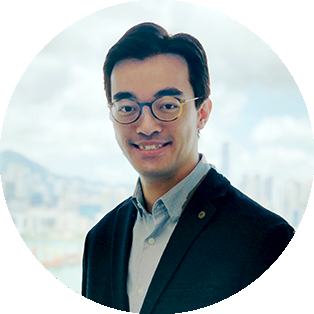
Biotechnology Scientist;
Former Program Manager, Project Planning and Execution Group, Hong Kong Applied Science and Technology Research Institute Company Limited (ASTRI);
PhD, The Hong Kong Baptist University
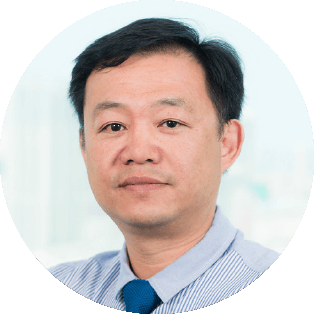
Biochemistry Scientist;
Scientific Officer, The Chinese University of Hong Kong;
PhD, GradD, M.Phil., The Chinese University of Hong Kong
Advisory Board

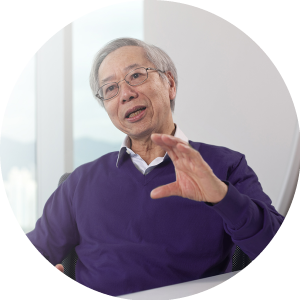
Honorary Associate Professor & Research Scientist, the University of Hong Kong;
Former Visiting Professor at University of California, San Francisco,
Baylor Medical College and Medical College of Georgia;
Former Scientist, National Institute of Health;
Founder and President of the Hong Kong Biochemistry Association;
Inventor & Patent Holder of Flow-through Hybridization Technology
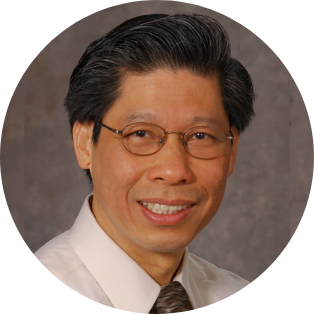
Medical oncologist;
Distinguished Professor and Chair, Department of Biochemistry and Molecular Medicine, UC Davis Health School of Medicine;
Sue Jane Leung Presidential Chair in Cancer Research & Harold Albin Johnson Endowed Chair in Biomedical Research, UC Davis NCI-Designated Comprehensive Cancer Center;
PhD in Oncology, McArdle Laboratory for Cancer Research, University of Wisconsin;
MD, Stanford University School of Medicine
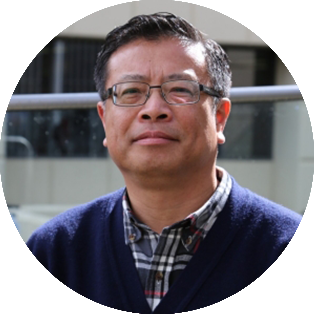
Pharmacologist;
Research Scientist, Stanford University;
Honorary Associate Professor, the University of Hong Kong;
President & Founder of Apollonian Biosystems Ltd./ Inc., Hong Kong and USA; Patent Holder;
PhD, & M.S., Yale University;
M.S., Columbia University
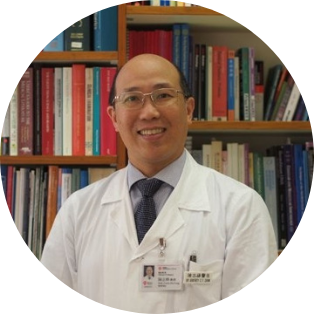
Tsao Yen-Chow Endowed Professor & Head, Department of Paediatrics & Adolescent Medicine, the University of Hong Kong;
Chief of Service, Department of Paediatrics & Adolescent Medicine, Hong Kong Children's Hospital, HKU-Shenzhen Hospital & Gleneagles Hospital;
Deputy Director, Stem Cells & Regenerative Medicine Consortium;
Chief Commission Service Coordinator (Paediatric Oncology), Hong Kong Children's Hospital. DMD & MD, the University of the East
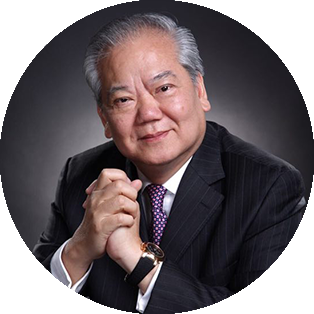
Former National Sales & Marketing Director, Bio-Rad Laboratories Canada;
Former Asia-Pacific Chairman & President, PerkinElmer;
Member of the Advisory Council on Food and Environment Hygiene of the HKSAR Government;
Tenth Council member, the Chinese People’s Political Consultative Conference in Jilin province;
Honorary Fellow, the Hong Kong University of Science and Technology
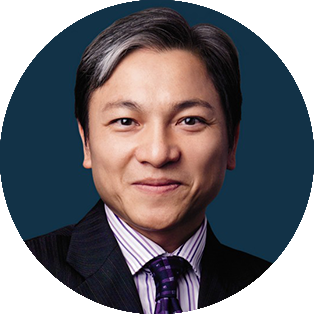
Co-Founder & Co-CEO of MaLogic;
Former Group Chairman, Ogilvy in Hong Kong and Southern China;
Former Council Member of The HK Trade Development Council & The HK Academy for Performing Arts;
Member of the Advisory Committee on Arts Development;
Vetting Committee Member of the SME Development Fund & BUD Fund;
Former Advisory Committee Member for the ICAC, HK Museum, CEDB and the Education Bureau. Vice-Chairman of Plan International (HK);
University Fellowship, the Hong Kong Polytechnic University
Partnership
Our Subsidiaries
DiagCor Bioscience
Incorporation Limited

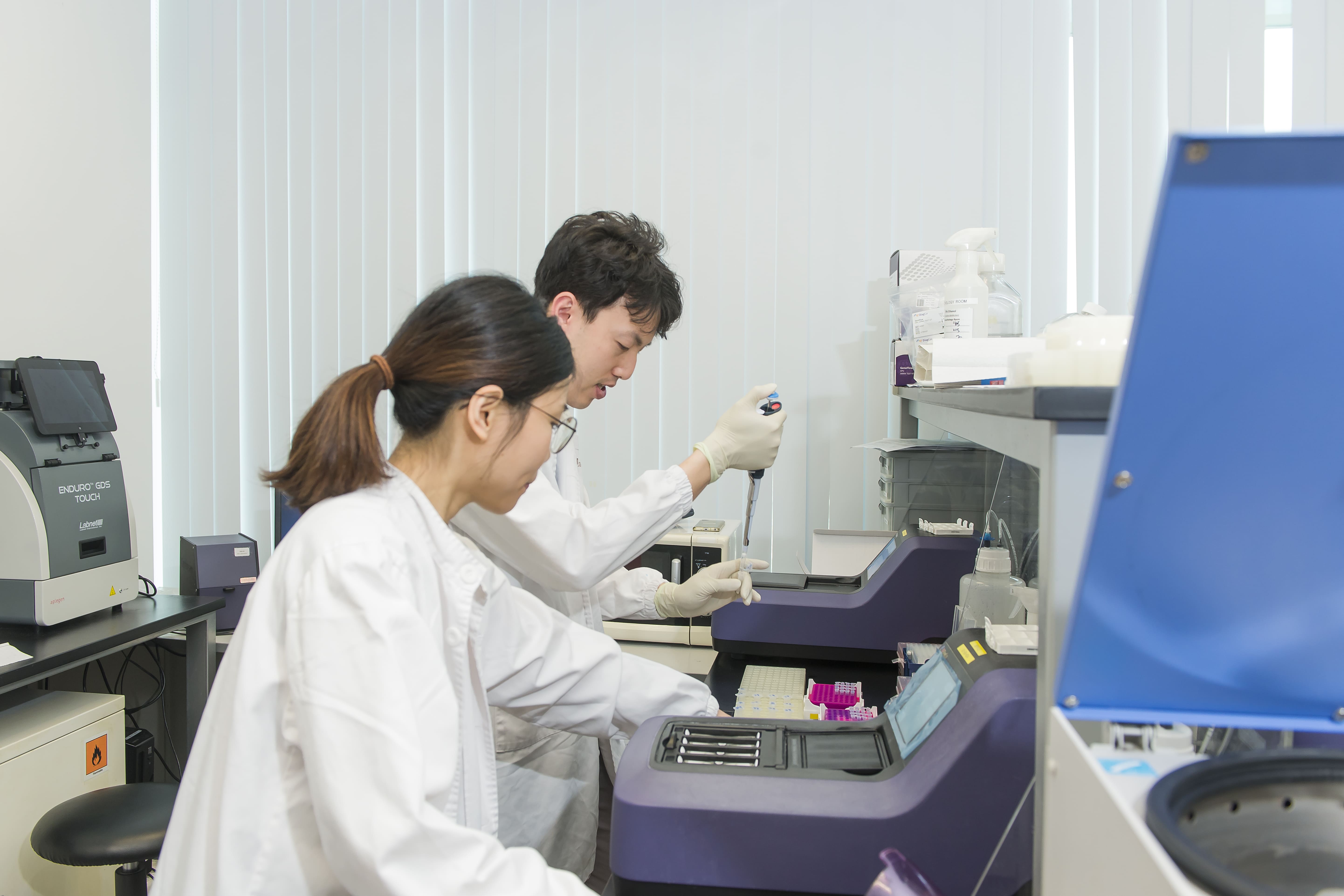
Pangenia
Lifesciences Limited




22plus Genomic
Information Technology Limited
- Potential talent
- Athletic aptitude
- Communication ability
- Responsiveness to certain diet
- Physical and mental health
- Beauty and character



Bio-Technology Limited
- Conventional Pap Smear
- Liquid-based cytology (ThinPrep Pap Test)
- Human Papilloma Virus (HPV) molecular diagnostics.

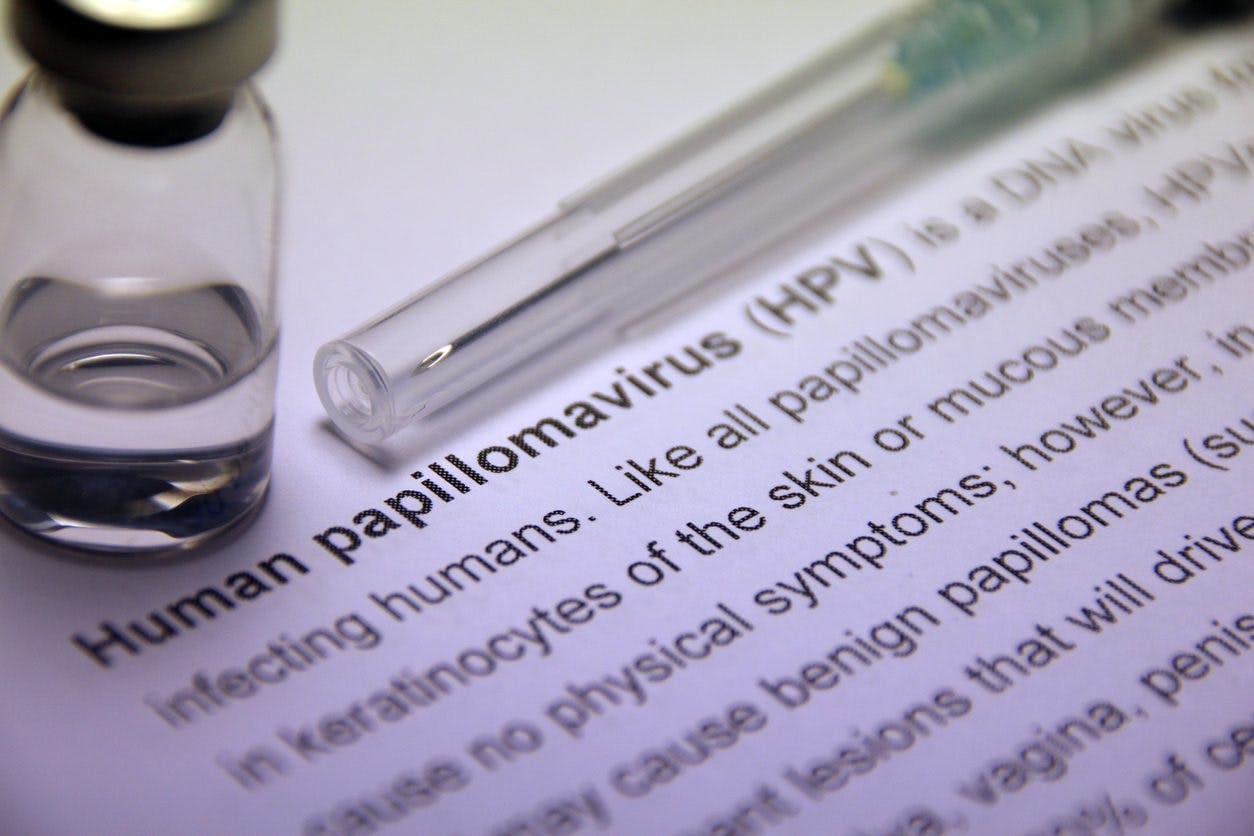
PANGENIA GENOMICS
- The first Asian center of excellence focus on Rare Diseases (PanRARE CoE)
- Provides patients, doctors and scientists a destination to access quality diagnostic service
- Builds up genomic database and patient registry through diagnosed patients in Asia
- Collaboration with Asian and US academia, investment in therapeutic treatment (FSHD/SMA/Satellite Cells for muscle regeneration)
- Well established service and support network with local and regional patient advocacy groups (PAG)
Our Affiliated Company
DiagCor Life Science Limited
- Dedicated solely to molecular diagnostics (MDx) as the global leader in flow-through hybridization technology
- Translates cutting-edge MDx research into proven practical market applications
- Team of more than 80 bioscience specialists in-vitro diagnostics (IVD) industry
- Operations span over primary research, clinical and market studies, manufacturing, commercialization, and global distribution
- Complete platform for commercial and clinical MDx diagnosis
- Serve clinical diagnostic services markets in Latin America, Europe, Middle East and South East Asia
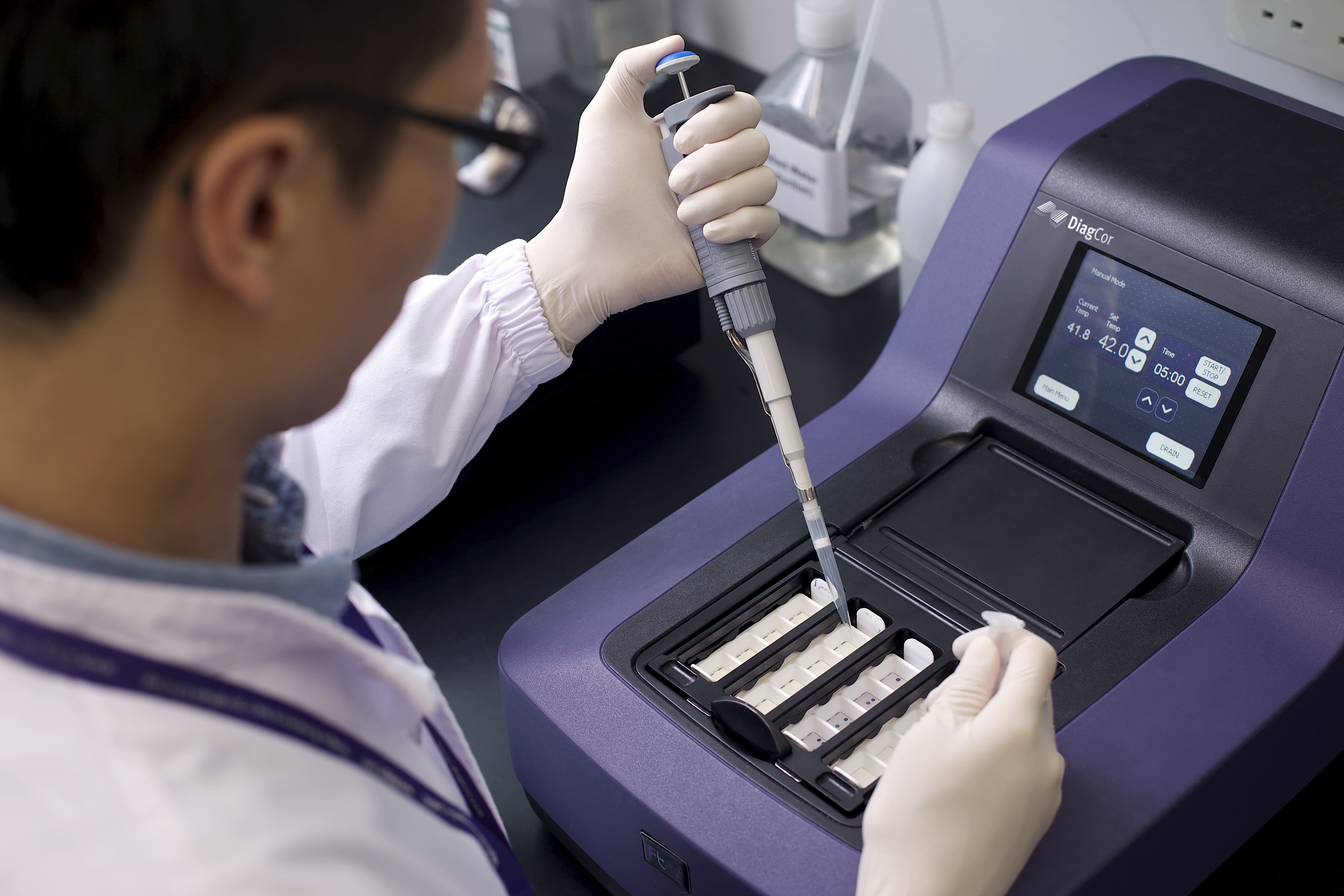
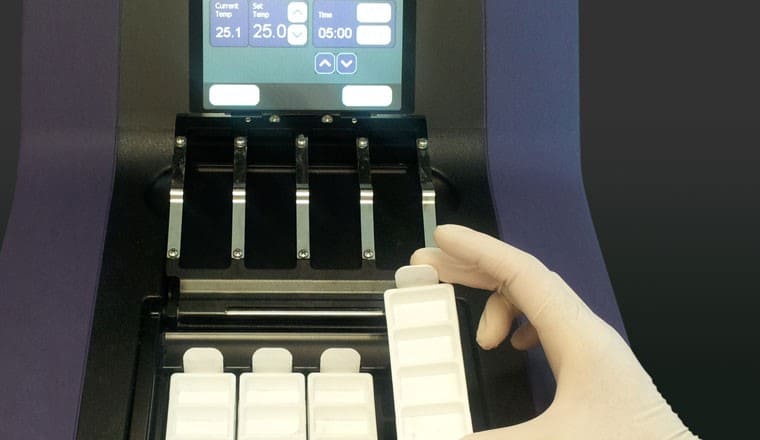
News Update
Corporate Social Responsibility
GET IN TOUCH



698 Prince Edward Rd East,
San Po Kong, Kowloon,
Hong Kong



